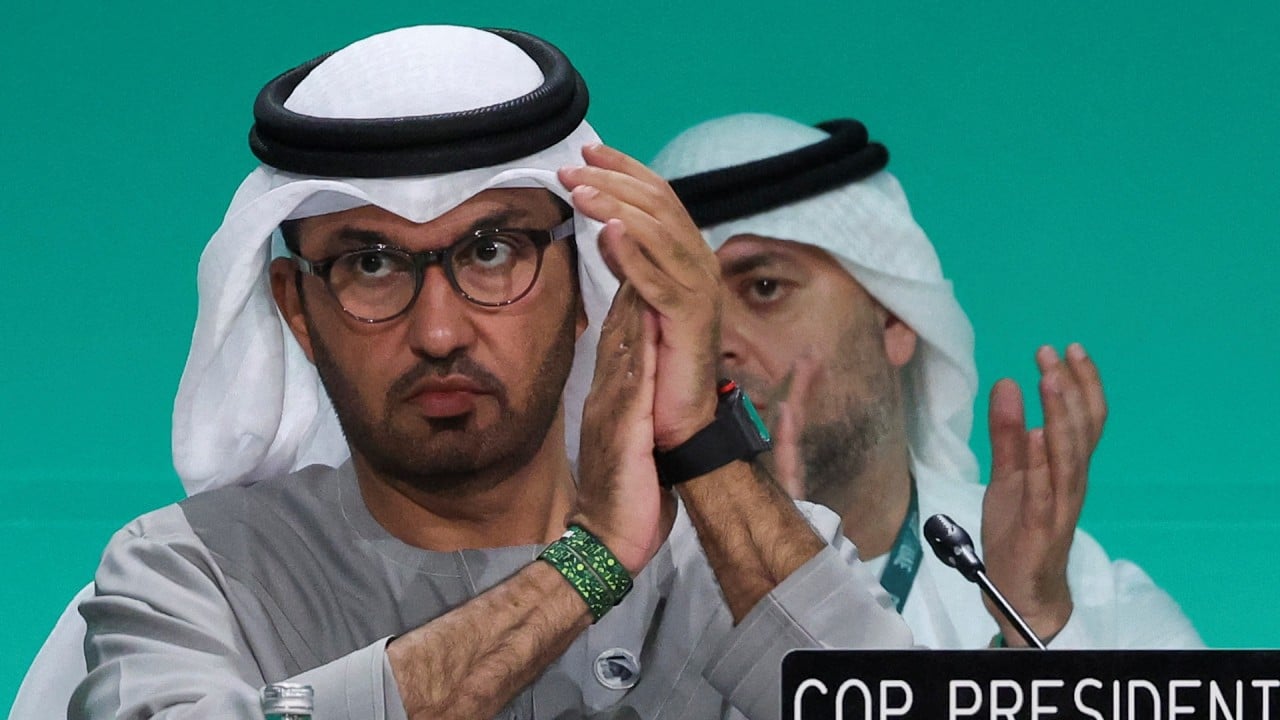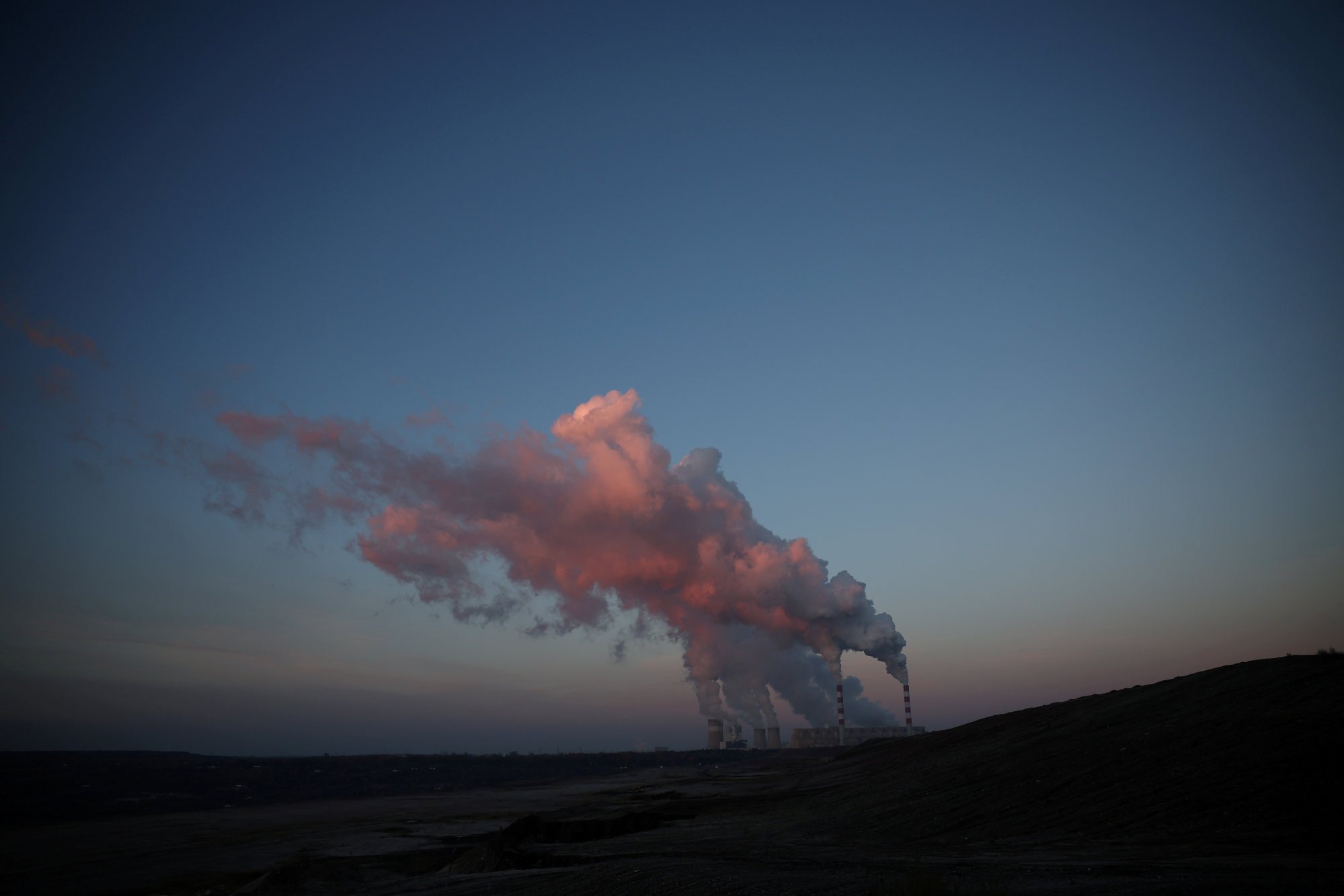
04:44
Cop28 climate summit closes with agreement to ‘transition’ from fossil fuels
Cop28: climate scientists push back against cheer over ‘historic’ deal, with one calling it ‘weak tea at best’
- Cop28 deal in Dubai labelled as ‘historic’ has drawn scepticism from climate scientists
- Agreement between nearly 200 countries didn’t call for an outright phasing out of oil, gas and coal
But many climate scientists said the joyful sentiments of world leaders did not accurately reflect the limited ambition of the agreement.
Michael Mann, a climatologist and geophysicist at the University of Pennsylvania, criticised the vagueness of the fossil fuel statement, which has no firm, accountable boundaries for how much countries should do by when.
“The agreement to ‘transition away from fossil fuels’ was weak tea at best,” he said. “It’s like promising your doctor that you will ‘transition away from doughnuts’ after being diagnosed with diabetes. The lack of an agreement to phase out fossil fuels was devastating.”

Mann called for a substantial reform of the Cop rules, for example permitting super-majorities to approve decisions over the objections of holdout petro states like Saudi Arabia, and barring oil executives such as Cop28 president Sultan Al Jaber from presiding over future summits.
“Mend it, don’t end it,” he said. “We still need to continue with the Cops. They are our only multilateral framework for negotiating global climate policies.
“But the failure of Cop28 to achieve any meaningful progress at a time when our window of opportunity to limit warming below catastrophic levels is closing, is a source of great concern.”
The deal struck in Dubai on Wednesday came after two weeks of hard-fought negotiations
Al Jaber called the deal “historic” after consensus among 194 countries and the European Union.
“No doubt there will be lots of cheer and backslapping … but the physics will not care,” said Kevin Anderson, a professor of energy and climate change at the University of Manchester.
Humanity has between five and eight years of emissions at the current level before blowing through the “carbon budget” required to hold long term warming to the 1.5 degrees Celsius needed to avert the worst impacts of long term planetary heating, he said.
Even if emissions begin to go down in 2024, which is not a requirement of the text, we would need to have zero fossil fuel use globally by 2040, rather than the “fraudulent language of net zero by 2050” envisaged in the deal, said Anderson.
He described it as a “death knell” for 1.5 degrees, with even the less ambitious target of 2 degrees, which carries a significant risk for triggering dangerous tipping points in global climate systems, becoming more distant.
Friederike Otto, a climatologist and leader in the field of assessing the role of climate change on specific extreme weather events, was equally damning.
“It’s hailed as a compromise, but we need to be very clear what has been compromised,” said Otto, who lectures at The Grantham Institute for Climate Change. “The short-term financial interest of a few have again won over the health, lives and livelihoods of most people living on this planet.”
“With every vague verb, every empty promise in the final text, millions more people will enter the frontline of climate change and many will die.”
But Johan Rockstrom, a professor in environmental science who directs the Potsdam Institute for Climate Impact Research, argued that while the Cop would not hold the world to 1.5 degree warming it was still a “pivotal land-mark”.
“This agreement delivers on making it clear to all financial institutions, businesses and societies that we are now finally – eight years behind the Paris schedule – at the true ‘beginning of the end’ of the fossil-fuel driven world economy,” he said.

.png?itok=arIb17P0)